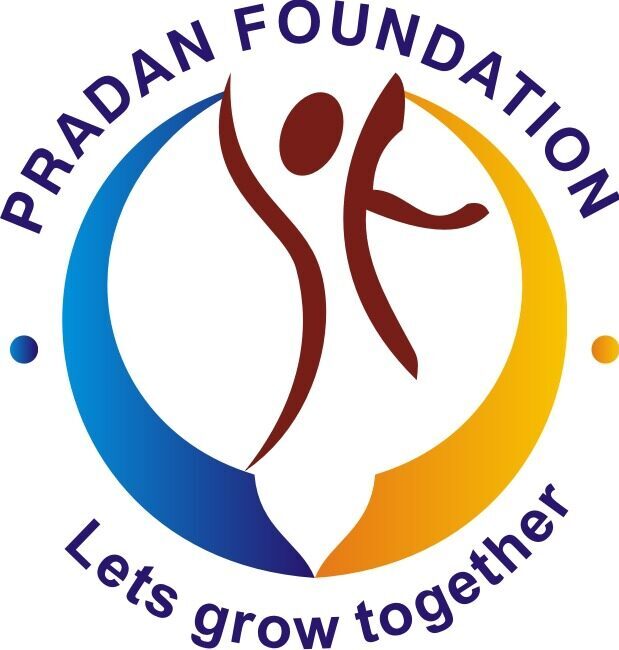Livelihood & Women Empowerment
Creating Sustainable Incomes, Building Empowered Communities
At Pradan Foundation, we believe that true development begins when individuals—especially women—gain control over their livelihoods and decisions. Our Livelihood & Women Empowerment program focuses on providing poor, tribal, and marginalized communities with the tools, skills, and support to become economically self-reliant and socially empowered.
We focus on building capacities, promoting income-generating activities, and creating leadership among women to ensure long-term, sustainable development.
Our Core Objectives
Promote income generation through sustainable farming, enterprises, and skill development
Form and strengthen Self-Help Groups (SHGs) for savings, credit, and entrepreneurship
Enhance women’s decision-making power in households and communities
Facilitate access to financial services, government schemes, and markets
Promote gender equality through rights awareness and leadership training
Self-Help Groups (SHGs) Formation & Support
We mobilize women into SHGs to build financial habits, social unity, and entrepreneurship. Our SHG support includes:
Capacity building on savings, credit, bookkeeping, and governance
Linking SHGs with banks, NBFCs, microfinance institutions, and cooperatives
Promoting group-based enterprises in agriculture, handicrafts, and services
Regular training in leadership, rights, and financial literacy
Sustainable Livelihood Development
We support both farm and non-farm livelihoods tailored to rural conditions:
Pond-based Integrated Farming – vegetable cultivation, fish farming, poultry, and vermi-composting
System of Rice Intensification (SRI) – a high-yield, cost-effective method for paddy farming
Agro-based training – improved practices in vegetable farming, seed management, and organic inputs
Skill development in tailoring, food processing, bamboo craft, and other trades
Market linkages and support for starting small businesses and micro-enterprises
Entrepreneurship & Financial Inclusion
We encourage entrepreneurship, especially among rural youth and women, by:
Providing seed capital and revolving funds for micro-enterprises
Conducting entrepreneurship training workshops
Creating access to government schemes like PMEGP, NRLM, and start-up subsidies
Facilitating e-marketing and exhibitions to promote rural products
Women’s Empowerment Beyond Livelihoods
Our work goes beyond income—empowering women to become leaders and changemakers:
Conducting awareness sessions on gender equality, domestic violence, and legal rights
Encouraging women’s participation in Panchayats, school committees, and community groups
Promoting adolescent girls’ empowerment through leadership and life skills education
Supporting widows and single women through targeted livelihood and counseling support
Our Impact So Far
1,000+ Self-Help Groups formed and active
Over 7,000 rural women and farmers trained in sustainable livelihood practices
More than 500 micro-enterprises established in farm and non-farm sectors
3,000+ families improved their income through integrated farming techniques
Leadership training given to over 1,200 women and adolescent girls
Empowering Hands, Transforming Lives
Through our Livelihood & Women Empowerment initiatives, we’re not just building incomes—we’re building confidence, resilience, and dignity. At Pradan Foundation, we believe that when women rise, families thrive, and communities prosper.

